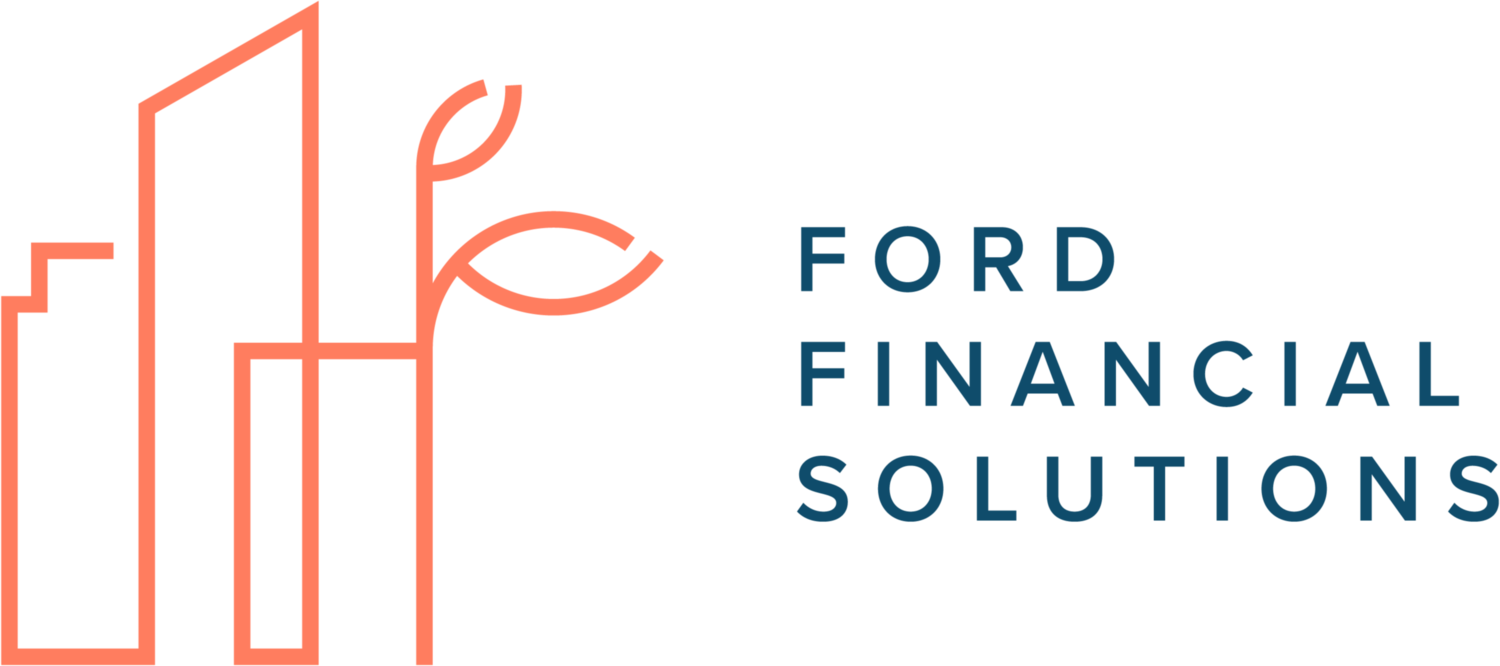This article originally appeared in our monthly newsletter, Fiscal Therapy.
Please subscribe if you'd like to receive similar articles on a monthly basis.
What I’m thinking about: The Lottery
Do you live in South Carolina? Then quick: check to make sure you don’t live anywhere close to Simpsonville, point of sale of the winning $1.5 billion Mega Millions jackpot ticket. According to recent research, living in the same neighborhood as a lotto winner is fraught with financial hazards.
The study examined bankruptcy filings of residents in Canadian neighborhoods containing winners of modest lottery amounts. The findings? Neighbors of lottery winners were more likely to increase spending, rack up debt, and ultimately declare bankruptcy. Interestingly, it was staples of conspicuous consumption that these neighbors spent on — cars, houses, and motorcycles — as opposed to less visible expenditures like furniture or recreational equipment. These neighbors also tended to have their money invested in riskier assets.
Of course it’s no surprise that we try to keep up with our peers. We can’t help but to compare ourselves to others, and consumption is today’s vehicle for signalling status. I often see clients locked into a particular lifestyle by default, without having made a conscious choice but instead following the current of their peers.
Do you spend to match the lifestyles of those around you? Or do you thoughtfully deploy your hard-earned resources to achieve your financial and ultimately life goals?
As for the lottery itself, I’d be remiss if I failed to recommend that you avoid playing the Mega Millions, Powerball, or even those colorful scratch-off games. The odds are stacked against you by design, and there are a zillion better ways to invest an extra $1. For example, if instead of buying a $1 ticket every weekday you invested that in the market, after 20 years you could have over $11,000. And if that $1 a day still doesn’t seem meaningful to you, then great: give it away to someone who really needs it!
Perhaps more important, though, is the habit. If you are not wisely managing small amounts of money, then how will you wisely manage larger amounts? Get in the habit of being smart with your money, no matter the amount, and you’ll reap a lifetime of dividends.
Finally, consider the broader impact of how you use your money. Why do we have lotteries, where does the money go, and why are tickets disproportionately bought by those who can least afford it? If you’re going to spend your money this way, take some time to understand the institution you’re supporting.
What I’m reading
We Are All Accumulating Mountains of Things
How online shopping and cheap prices are turning Americans into hoarders
By Alana Semuels, The Atlantic
Speaking of consumption, annual spending by Americans on personal consumption goods — stuff like jewelry, watches, books, phones, and other devices — has doubled since 2002 to a whopping $240 billion. Frictionless online shopping experiences courtesy of Amazon and other internet purveyors no doubt bear a good share of the blame. This article gives the rundown on how the convenience and relative affordability of online shopping are generating increasing piles of stuff in our homes (which are also getting bigger!).
We’re All Afraid to Talk About Money. Here’s How to Break the Taboo.
By Kristin Wong, The New York Times
One of our guiding values at Ford Financial Solutions is the importance of communicating about money with our families and even friends, despite the social norms and discomfort. This article provides some helpful, practical advice on getting started on the journey to healthy conversations about money. My favorite tip from the article:
Start small. If you’re intimidated by personal finance and unsure of where to start, remember that you don’t have to learn everything about money at once. Start with one financial lesson at a time.
Ready for more? Check out our online personal finance courses designed to address the most pressing money questions and help you develop a financial plan.

